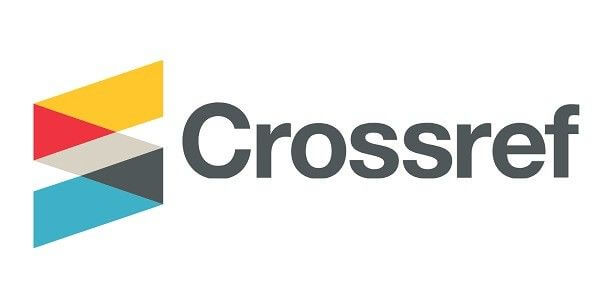The Perception on the Implementation of Flexible Learning in the Time of Covid 19
Keywords:
Flexible Learning, COVID 19, Time Management, Teacher Contact, ContentAbstract
The rapid spread of Corona Virus 2019 known as COVID 19 has brought disturbance to a large number of people’s lives and economic stability. It has greatly challenged the people’s holistic way of life with uncertainties considering the significant public health risks COVID-19 poses. This pandemic has affected the global educational systems which led to delve into advanced teaching-learning tools or modalities that would help bring about the transition from the usual face-to-face mode to flexible learning. The objective of this study was to find out the perception of the respondents on the implementation of Flexible Learning in the delivery of nursing education programs as the basis for the recommended course of actions in the schools of nursing. This is a descriptive-quantitative study, which utilized a self-rated standardized questionnaire—The flexibility questionnaire developed by Bergamin et al., (2012). The questionnaires were purposively administered to a total of sixty-six (66) respondents composed of the deans, coordinators/program heads, and faculty members of selected nursing schools in Metro Manila. The results had shown that the respondents agreed to all indicators mentioned in the survey tool. It has therefore shown in this study that respondents desired an approach to flexible learning in which teaching and learning could exercise regulation and jurisdiction.
References
Ally, M. (2004). Foundations of educational theory for online learning. In T. Anderson (Ed.), The theory and practice of online learning. 15–44. Athabasca University Press.
Arbaugh, J. B. (2000). Virtual classroom characteristics and student satisfaction with Internet-based MBA courses. Journal of Management Education, 24(1), 32–54. https://doi.org/10.1177/105256290002400104.
Barnard, L., Lan, W. Y., To, Y. M., Paton, V. O., & Lai, S.-L. (2009). Measuring self-regulation in online and blended learning environments. The Internet and Higher Education, 12(1), 1–6. https://doi.org/10.1016/j.iheduc.2008.10.005.
Bergamin, P.B., Werlen, E.,Siegenthaler, E., & Zizka, S. (2012). The relationship between flexible and self-regulated learning in open and distance universities. International Review of Research in Open and Distance Learning. 13(2), 101-103.
Daniel, J. (2020). Education and the Covid 19 pandemic. Viewpoints/Controversies. https://doi.org/10.1007/s11125-020-09464-3.
Ghebreyesus, T. (2020). Addressing mental health needs: an integral part of COVID 19 response. World Psychiatry. 19(2), 129-30.
Hart, I. (2000). Learning and the “F” word. Educational Media International, 37(2), 98-101. https://doi.org/10.1080/095239800410388.
Lewis, R. & Spencer, D. (1986). What is Open Learning?. Council for Educational Technology.
Moran, L., & Myringer, B. (1999). Flexible learning and university change. In K. Harry (Ed.), Higher education through open and distance learning: World review of distance education and open learning.157–171. Routledge.
Palmer, S.R. (2011). The lived experience of flexible education –theory, policy and practice. Journal of University Teaching and Learning Practice. 8(3), 16.
Sadler‐Smith, E., & Smith, J. P. (2004). Strategies for accommodating individuals’ styles andpreferences in flexible learning programmes. British Journal of Educational Technology, 35(4), 395–412. https://doi.org/10.1111/j.0007-1013.2004.00399.
Shurville, S., O’Grady, T. and Mayall, P. (2008). Educational and institutional flexibility of Australian Educational Software. Campus-Wide Information Systems, Emerald Group Publishing Limited. 25(2), 74-84.
Tucker, R. & Morris, G. (2012). By Design: Negotiating Flexible Learning in the Built Environment. Discipline Research in Learning Technology, Co-Action Publishing. 20(1).
United Nations. (2020). Policy brief: COVID 19 and the need for action on mental health.
- PDF | 207
- Abstract Views | 375
Published
How to Cite
Issue
Section
Copyright (c) 2023 Margarette Cayetano, Pocholo Autencio

This work is licensed under a Creative Commons Attribution-NonCommercial-NoDerivatives 4.0 International License.











